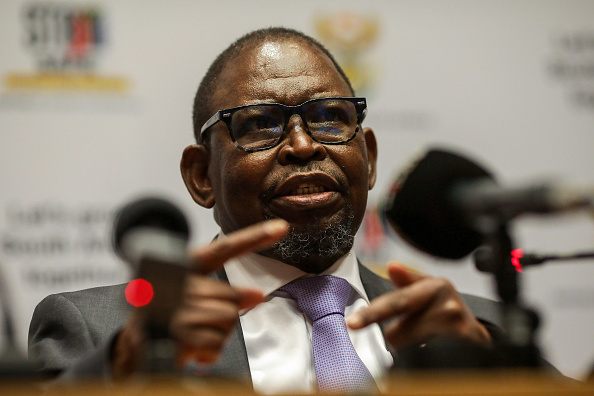Cape Town – The National Treasury said on Tuesday that by allowing Eskom to report on irregular and fruitless and wasteful expenditures in its annual report only would mitigate the risks that came with reporting these transactions in annual financial statements.
However, it added, Eskom was not exempt from ensuring that it takes effective and appropriate steps to prevent irregular and fruitless and wasteful expenditure.
“Furthermore, it is not exempt from taking appropriate criminal or disciplinary steps because of any losses incurred to date. All material losses through criminal conduct and any losses recovered or written off from irregular expenditure will still need to be reported in the annual financial statements,” the Treasury said.
The Treasury added that its new approach was in line with the response of President Cyril Ramaphosa to state capture and corruption, which noted in point 6.1.8 some of the challenges facing state-owned entities and government departments: “The National Treasury and the Auditor-General of South Africa (AGSA) are working together to review the usefulness of the concept of irregular expenditure, and to focus on identifying corrupt or suspicious expenditure, or expenditure made in bad faith.”
ALSO READ | Eskom disclosure exemption ‘a major blow’ for SA
As part of the Eskom debt relief arrangement, the Minister of Finance instituted various additional reporting obligations for the utility, requiring Eskom to report regular updates to parliament and oversight structures.
However, the actual conditions are not set out in the Government Gazette, but in a letter from the Minister of Finance to the Chairperson of Eskom.
Meanwhile, the utility said that it would continue to respect and co-operate with supervisory authorities and relevant ministries.
“Eskom continues to work with the various regulatory bodies to support delivery on the procurement of goods and services impacting our key operations,” said Eskom’s chief procurement officer, Jainthree Sankar.
“Furthermore, Eskom is committed to a procurement system that is fair, equitable, transparent, competitive and cost-effective. Any exemption or departures are seen as an exception, not a norm,” added Sankar.
Follow African Insider on Facebook, Twitter and Instagram
Picture: Pixabay
For more African news, visit Africaninsider.com
Compiled by Junaid Benjamin


